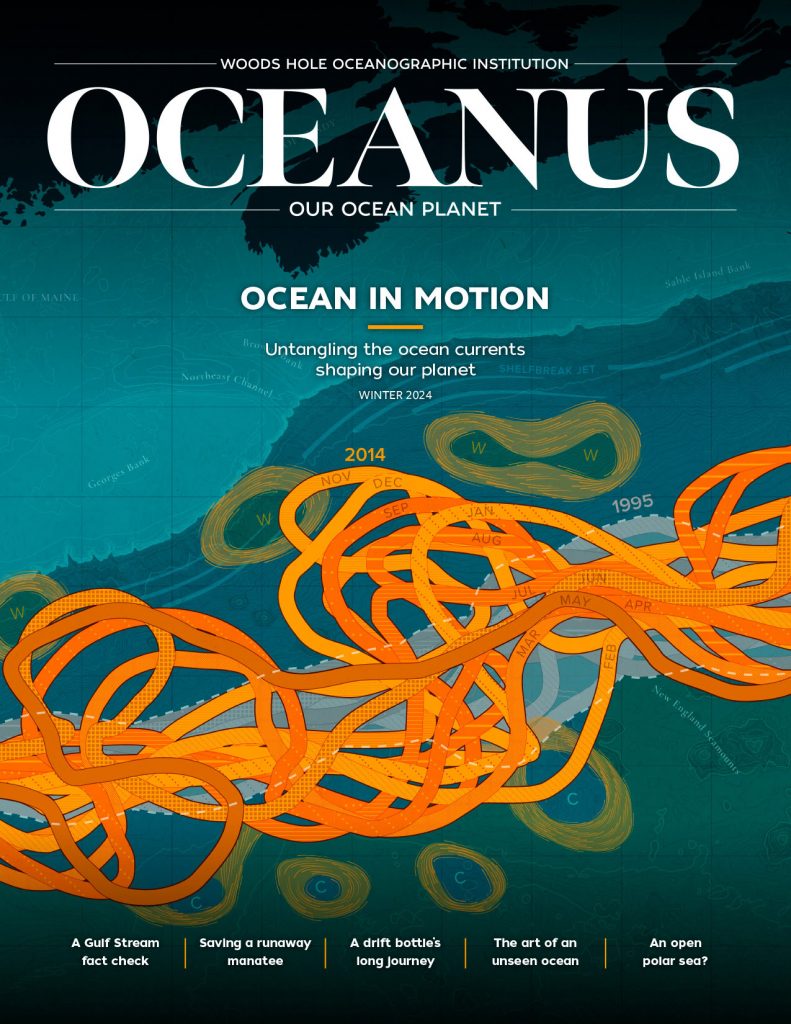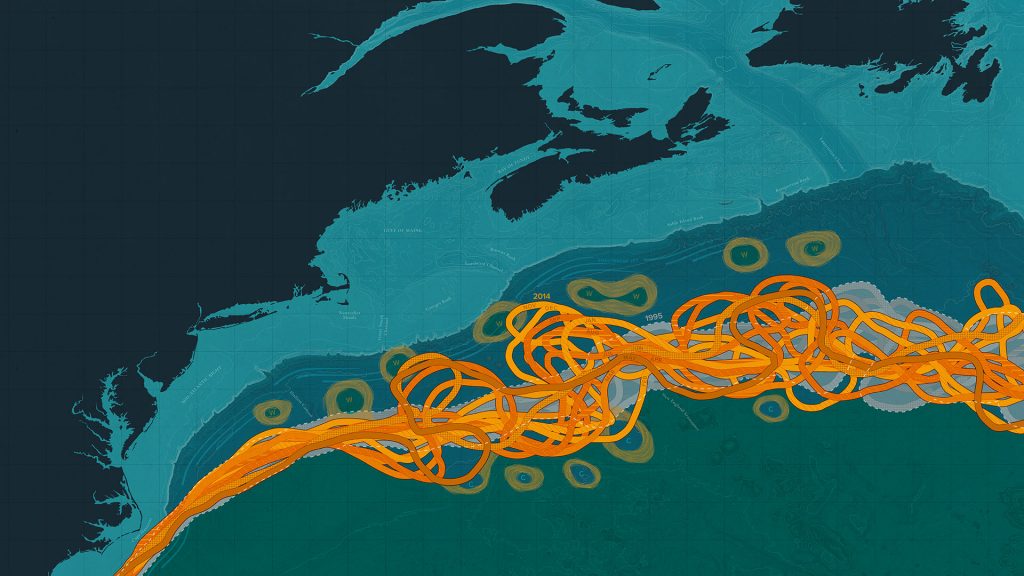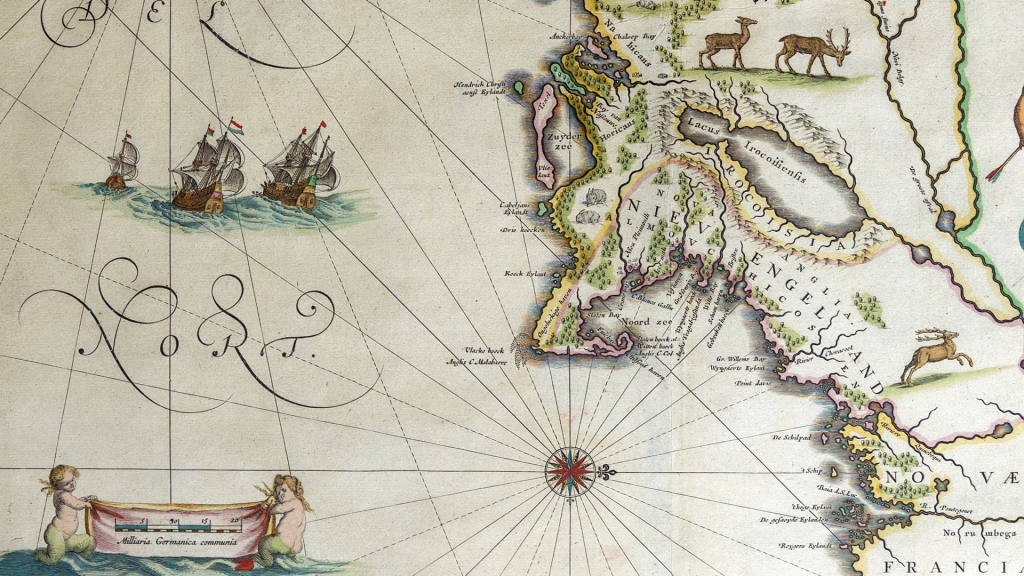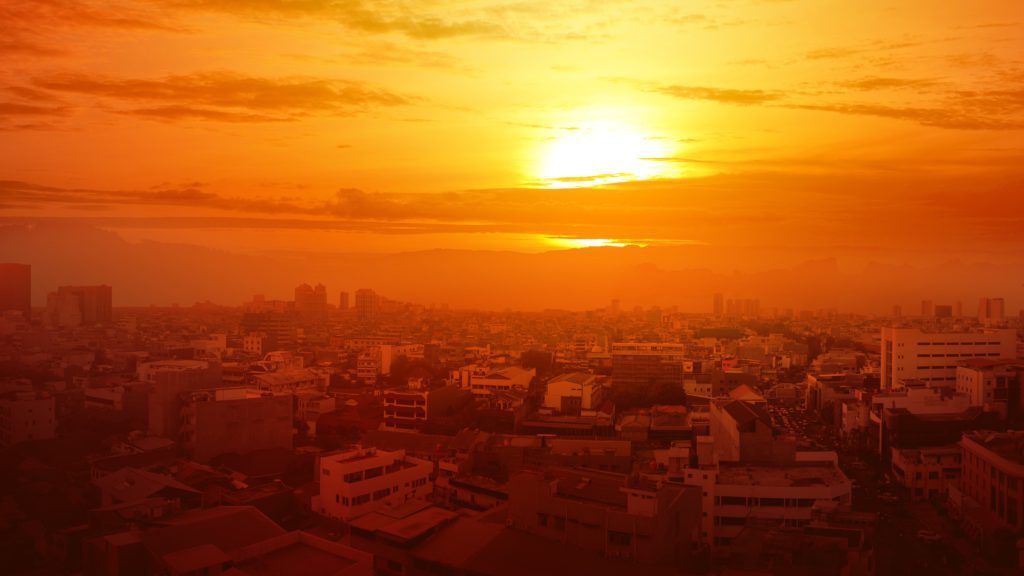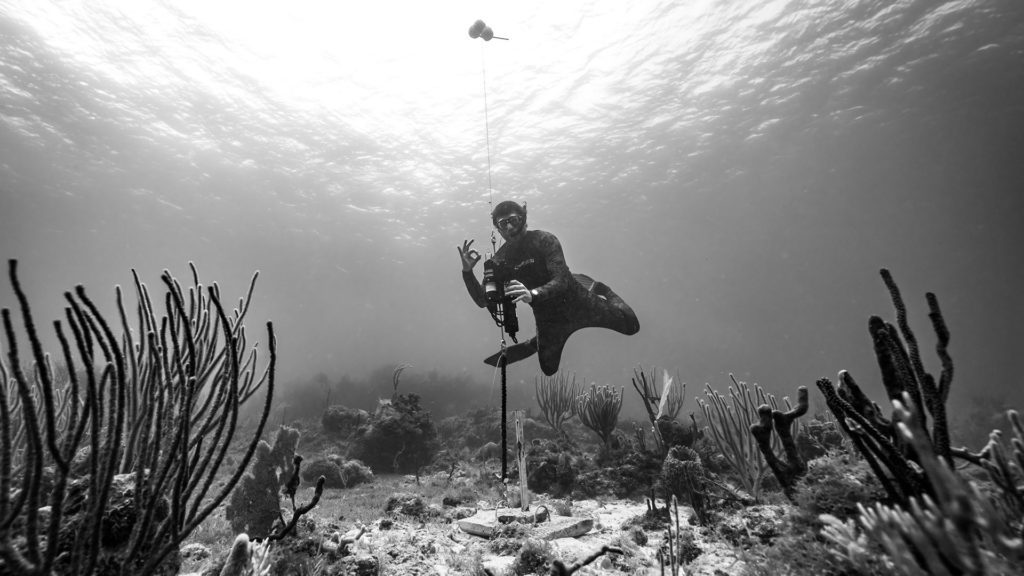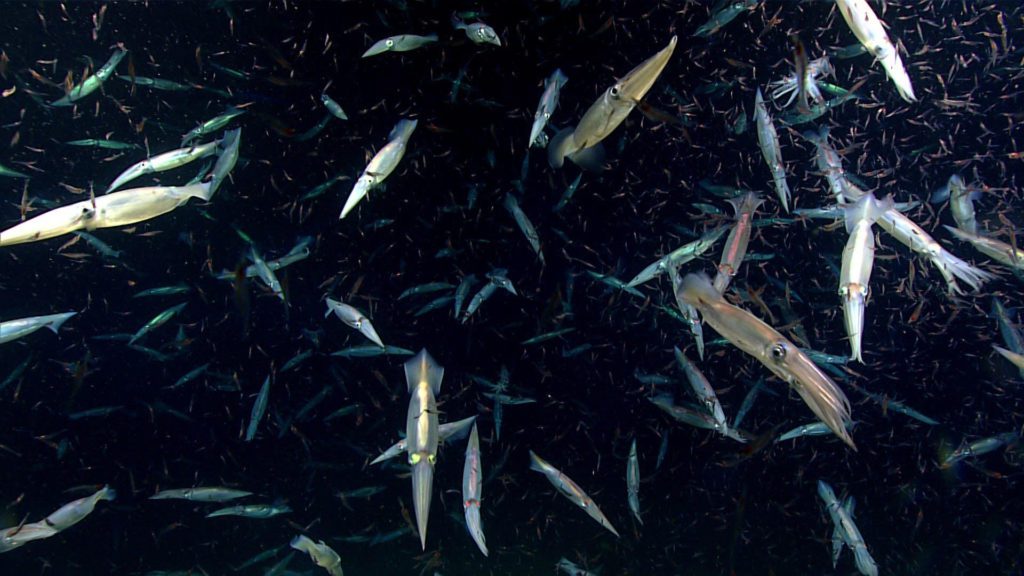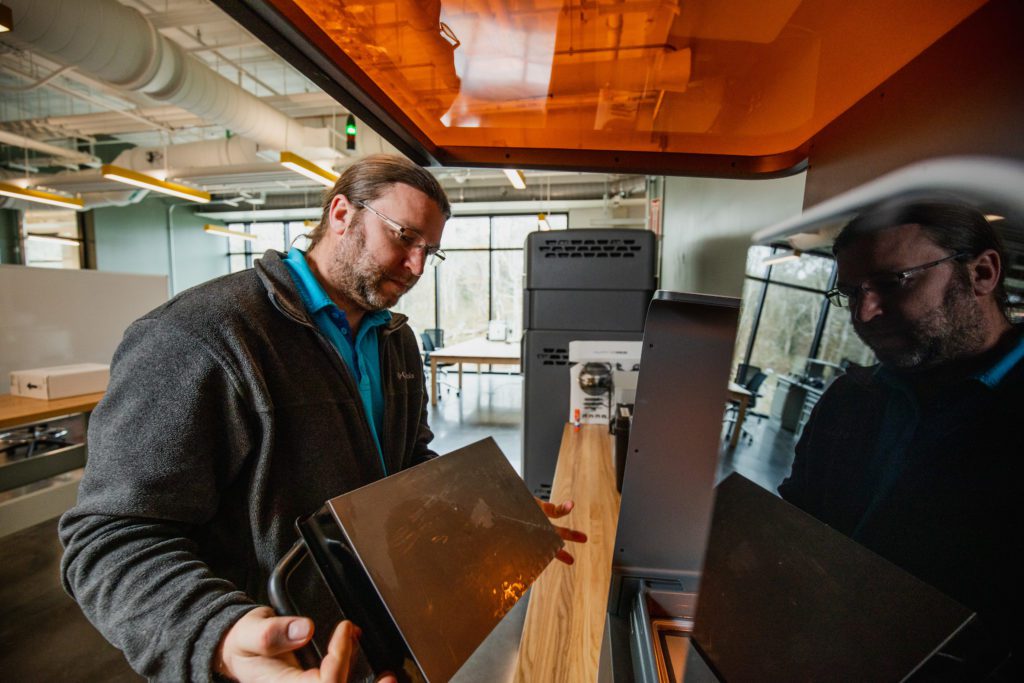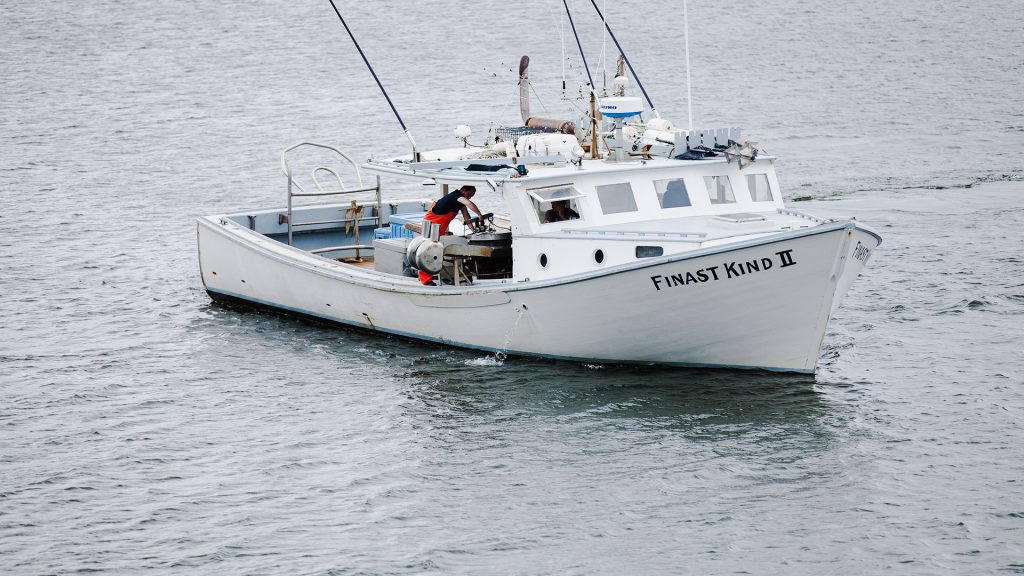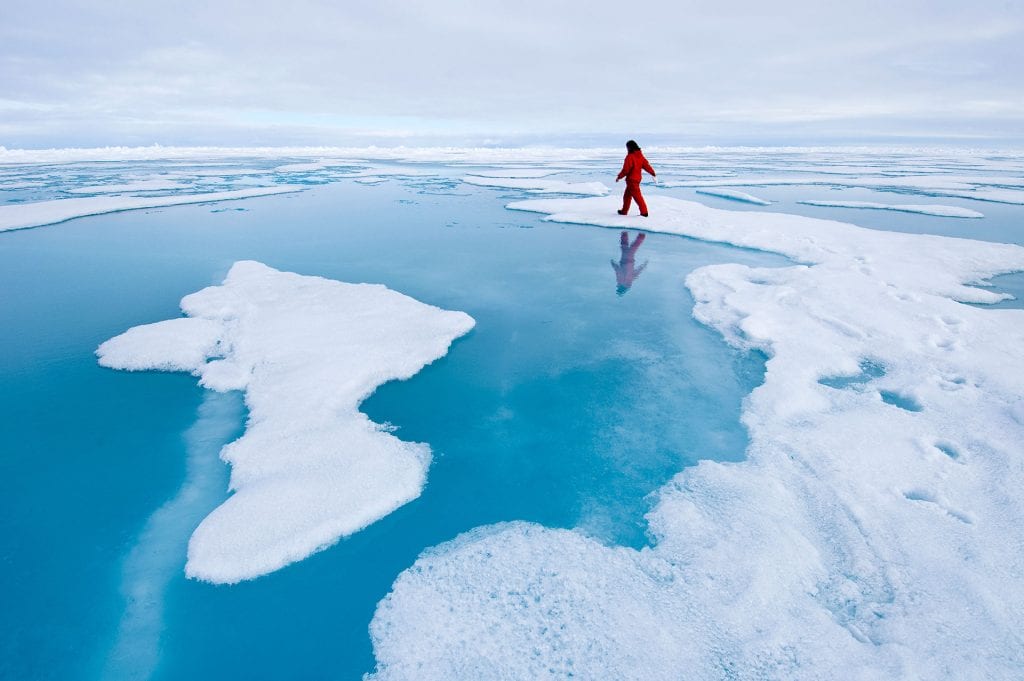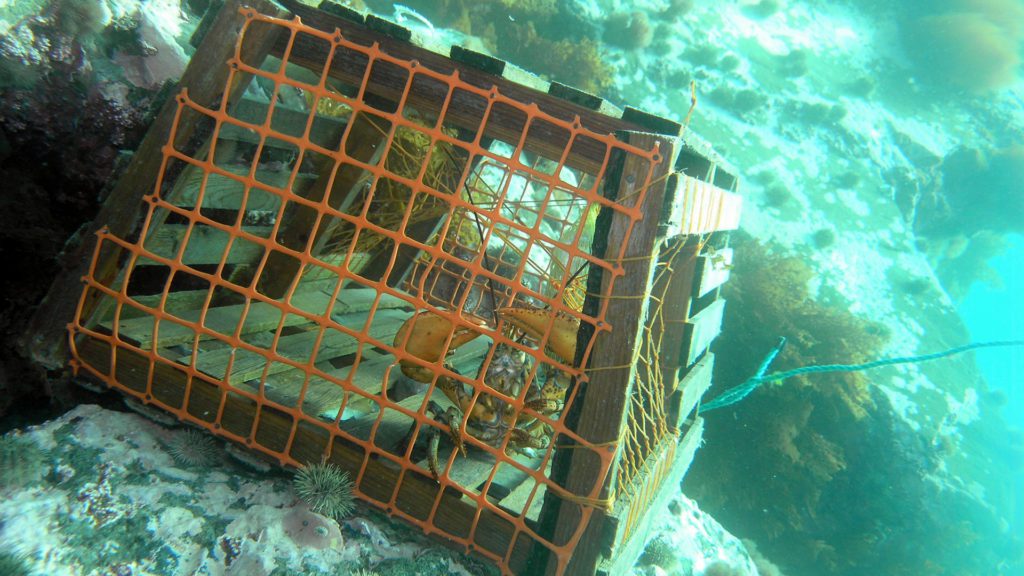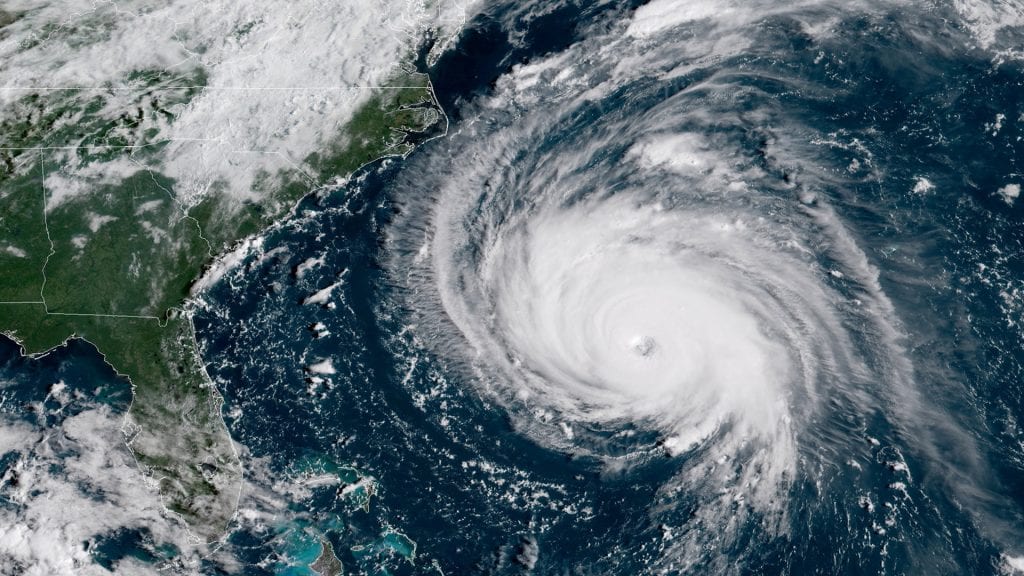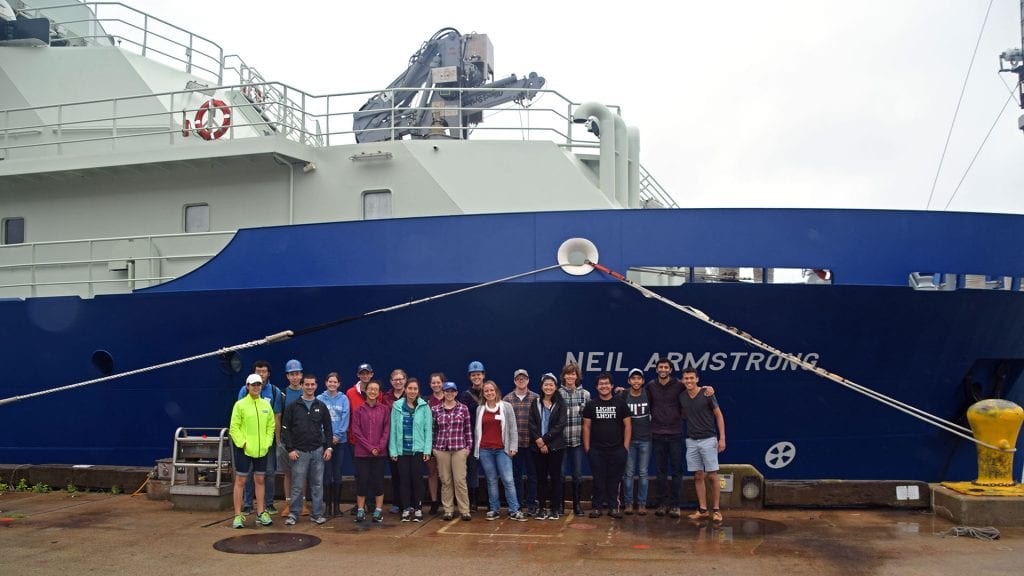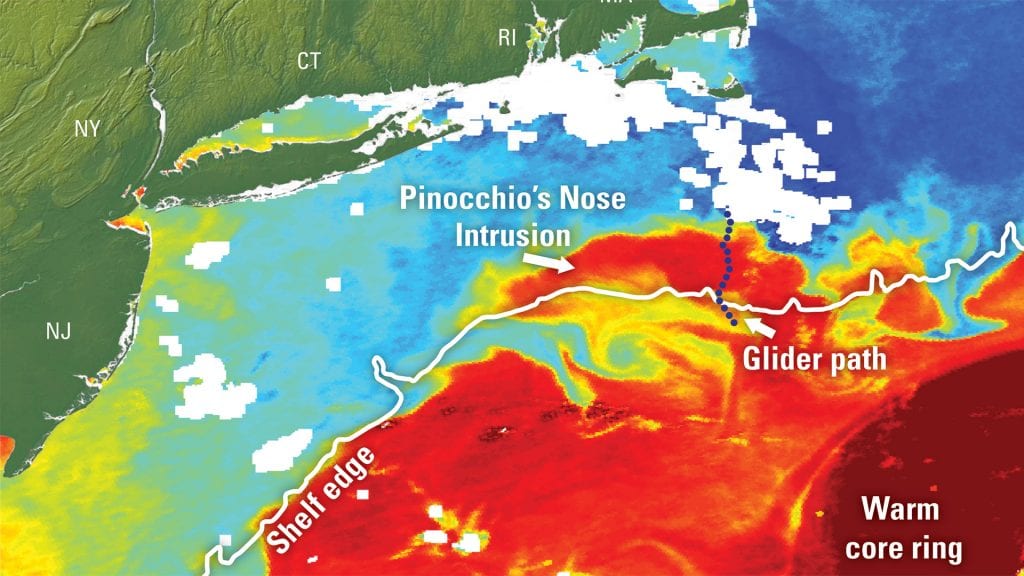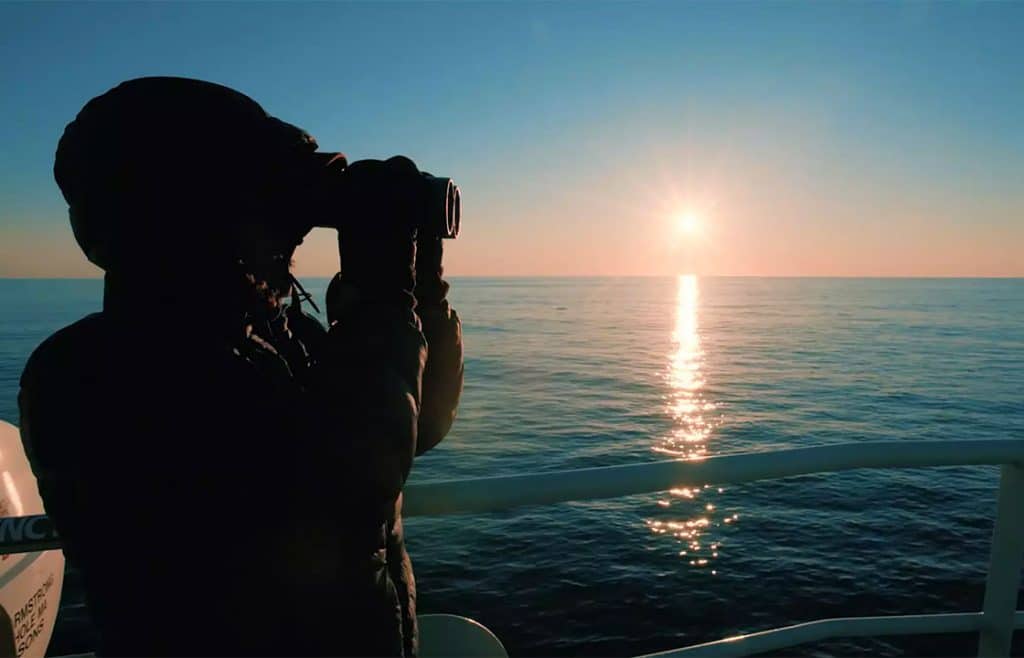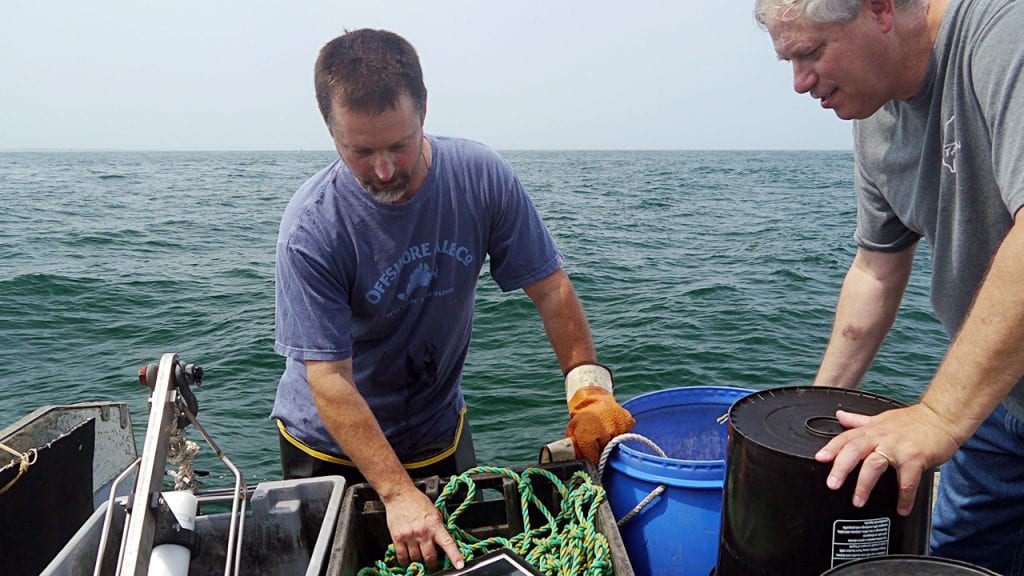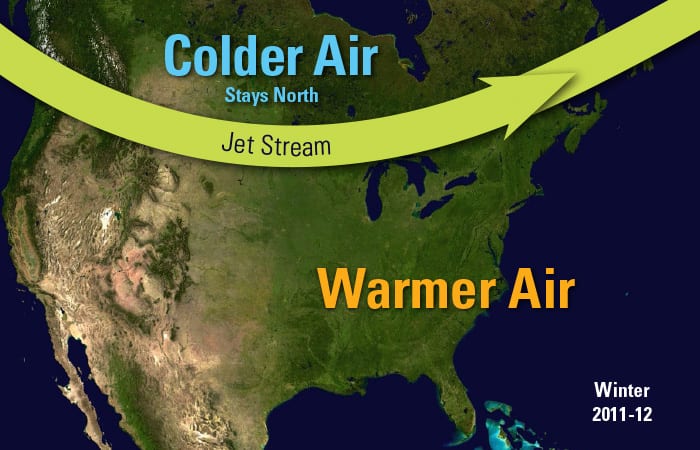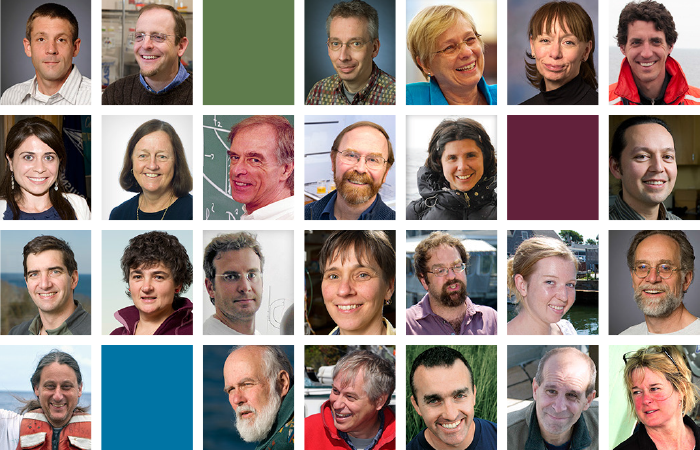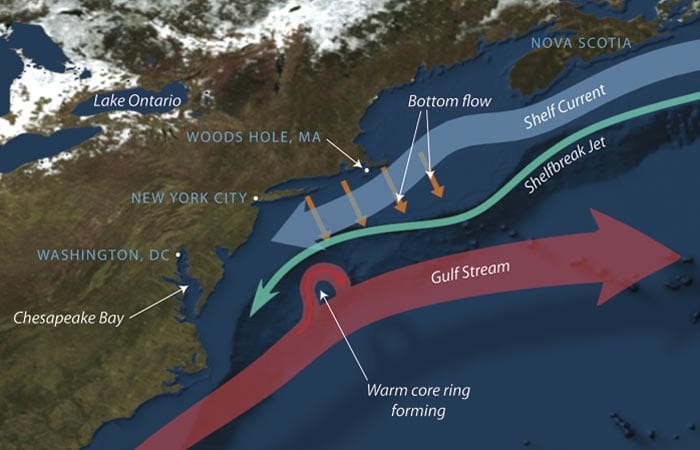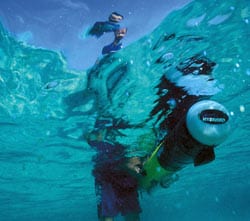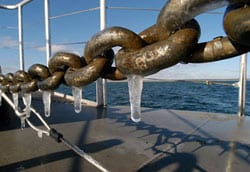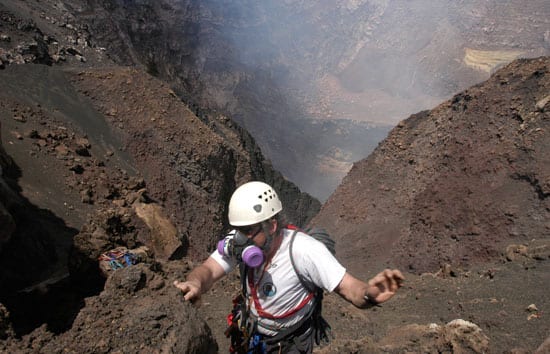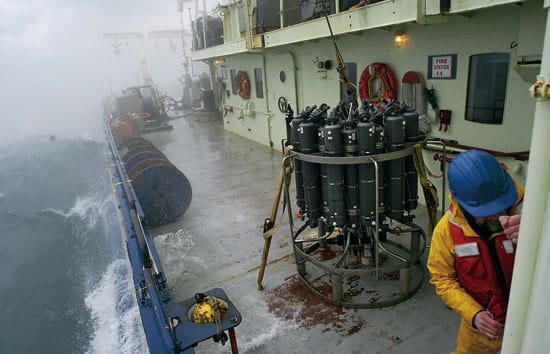Glen Gawarkiewicz
Refine by
Date
Topic:
Article Type
Special Series
Author
An Oceanographer’s Atlas
WHOI physical oceanographer Glen Gawarkiewicz has a collection of more than 25 original antique maps, some dating as far back as 1535.
Record-level heat is predicted for the months, and years, ahead. Why is this happening?
Ongoing climate change and a naturally-occurring El Niño event overlap to bring the heat
Solving climate challenges, one innovation at a time
WHOI researchers report progress on projects funded by the Ocean Climate Innovation Accelerator
OCIA: Accelerating the pace of ocean-climate research
The first five projects funded by the Ocean Climate Innovation Accelerator (OCIA) are set to advance research at the intersection of oceans and climate.
Ocean data gives Northeast fishermen an edge against a warming ocean
Fishermen successfully brace against warm water wave from Gulf Stream, thanking greater access to data from the WHOI Shelf Fleet Program
Oceans of Change
“THE SEA NEVER CHANGES, AND ITS WORKS, FOR ALL THE TALK OF MEN, ARE WRAPPED IN MYSTERY.” So observed the narrator of “Typhoon,” Joseph Conrad’s 1902 novella. But today, we know that his mariner protagonist…
The Ocean’s Moveable Feast
Over the past few decades, Carin Ashjian, a biologist at Woods hole Oceanographic Institution (WHOI), has explored the marine food web and how it has responded to changing ocean conditions. She wants to know how…
Autonomous Ocean Vehicles Supply Key Data on Hurricane Florence
With Hurricane Florence bearing down on the North Carolina coast, researchers at Woods Hole Oceanographic Institution (WHOI) have mobilized autonomous vehicles and instruments to track changes in the ocean ahead of and beneath Florence.
Students Get Their Sea Legs
Woods Hole Oceanographic Institution is known for its ocean-going research. But some incoming graduate students in the MIT-WHOI Joint Program may never have set foot a large research ship before. A new orientation cruise aboard the research vessel Neil Armstrong is introducing students to shipboard life and oceanographic research.
Pinocchio’s Nose
It took only a month for the new Ocean Observatories Initiative (OOI) to reveal insights about shifting ocean circulation patterns that could have major impacts on marine life and fisheries off New England. Ocean gliders…
The Hotspot for Marine Life
The continental shelfbreak in the waters off New England is an area where a spectacular abundance and diversity of marine life aggregate year-round. The Pioneer Array, a part of the NSF-funded Ocean Observatories Initiative, was placed there to help scientists explore the processes that make the shelfbreak so productive.
Scientist-Fisherman Partnership
WHOI physical oceanographer Glen Gawarkiewicz is enlisting the help of local fishermen to find out how climate change is affecting water conditions along the southern New England coast.
Jet Stream Gets Fish in Hot Water
WHOI scientists traced a heat wave in the North Atlantic, and the disruption of fisheries that it caused, to an unusual pattern in air circulation months earlier.
WHOI Scientists Garner Awards in 2013
As the year 2013 ends, we profile scientists who recently received awards and recognition for their work.
Where the Food Is in the Sea, and Why
When you’re on a boat 50 miles south of Cape Cod on a calm day, the water around you may look flat and relatively featureless. A few hundred feet below, however, a cliff-edge hovers over…
Chilly Scenes of Winter off Cape Cod
When winter winds began rattling the storm windows last autumn, Andrey Shcherbina and Glen Gawarkiewicz shook the mothballs out of their cold-weather exposure suits and dusted off their sea boots. For the second consecutive winter,…
Noxious Gas from the Mouth of Hell…
The hidden world of salps OFF THE ANTARCTIC PENNISULA-Biologists Larry Madin (WHOI) and Patricia Kremer (U. Connecticut) led a month-long cruise in January 2006 aboard the ice-strengthened ship L.M. Gould to learn more about a…
Where Currents Collide
In January 2005, a research cruise set out aboard R/V Oceanus for the tumultuous witnertime waters off Cape Hatteras—aptly nicknamed “the graveyard of the Atlantic.” During three weeks riding the waves, WHOI Research Associate Chris Linder kept a journal with pen and camera that includes “relentless North Atlantic storms battering our ship, instrument retrievals in the dead of night with blue water washing over the rail, and science gear shattered by 20-foot waves.”
